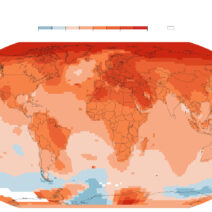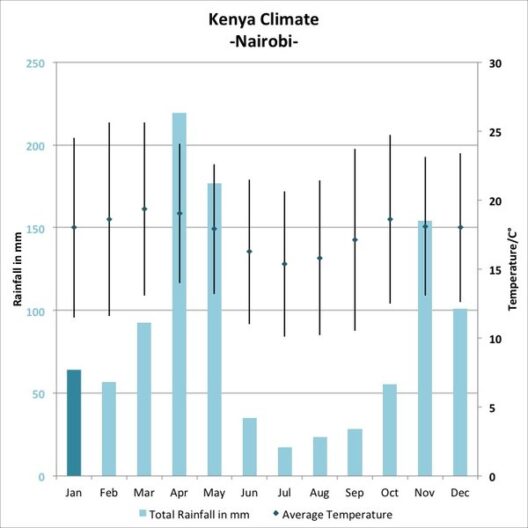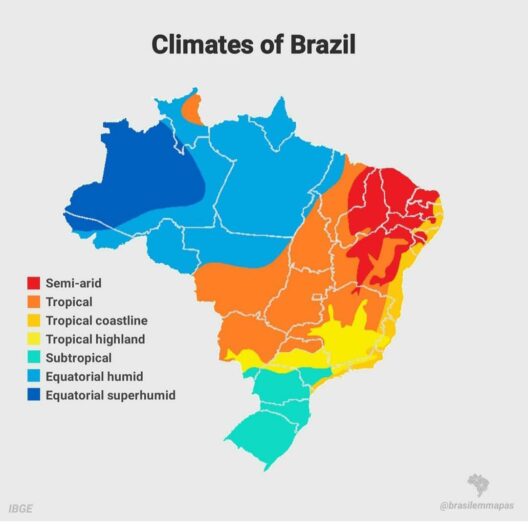Agriculture, often perceived as a benign practice essential for feeding the global population, harbors a clandestine reality: its significant contribution to climate change. This phenomenon operates multifariously, intertwining various processes that not only threaten ecological balance but also set the stage for an escalating climatic crisis. Understanding agriculture’s role in climate change involves dissecting its impacts, scrutinizing practices, and exploring potential avenues for reform.
The core of agriculture’s environmental impact lies in its greenhouse gas emissions. Entering the atmosphere, carbon dioxide (CO2), methane (CH4), and nitrous oxide (N2O) from agricultural activities significantly contribute to global warming. According to data, agriculture is responsible for about 10-12% of total anthropogenic greenhouse gas emissions, predominantly through livestock production, synthetic fertilizers, and deforestation associated with crop cultivation.
Among agricultural practices, livestock farming emerges as a paramount offender. Ruminant animals such as cows and sheep generate methane, a gas with a potency approximately 25 times greater than CO2 over a century. This metabolic byproduct, primarily emitted through enteric fermentation during digestion, poses a substantial risk to our climate. Moreover, the land-intensive nature of livestock farming leads to extensive deforestation, further exacerbating carbon emissions and disrupting carbon sequestration.
In juxtaposition to livestock, arable farming presents its own set of challenges. The application of nitrogen-rich fertilizers releases nitrous oxide, another potent greenhouse gas. When nitrogen fertilizers break down in the soil, they emit N2O, which has a global warming potential nearly 300 times greater than CO2 over a century. The escalation of fertilizer application in efforts to boost crop yields is therefore not merely an agricultural concern, but a pronounced environmental hazard.
Another significant contributor is the pervasive practice of monoculture—cultivating a single crop over vast areas. While this practice may maximize short-term yields, it undermines biodiversity and depletes soil health, necessitating further chemical inputs to maintain productivity. The cycle of deteriorating soil health and increased chemical dependency cultivates a precarious dynamic, where agriculture’s resilience against climate change diminishes over time.
Strategies for mitigating agriculture’s climatic repercussions include embracing sustainable farming practices that emphasize soil health, biodiversity, and reduced chemical dependency. Agroecology, for instance, posits a holistic approach to farming, prioritizing ecological processes over synthetic inputs. Techniques such as crop rotation, intercropping, and cover cropping improve soil fertility and structure while sequestering carbon and fostering biodiversity.
Moreover, regenerative agriculture, which advocates for practices that restore and rejuvenate soils, offers an effective path forward. Practices like managed grazing, minimal tillage, and the incorporation of cover crops bolster carbon sequestration and enhance soil resilience against extreme weather events, which are poised to become more frequent with climate change.
The impact of agriculture extends beyond atmospheric emissions. Water consumption and pollution stand as critical environmental consequences of industrial farming. Irrigation demands intensify in the face of climate change, with agriculture currently accounting for approximately 70% of global freshwater withdrawals. This unsustainable water use escalates the risk of aquifer depletion and ecosystem disruption—issues that compound the severity of climate-related challenges.
Furthermore, the runoff from fertilizers and pesticides contaminates waterways, leading to eutrophication—a process that creates dead zones inhospitable to aquatic life. This pollution correlates inversely with agricultural efficiency; as ecosystems degrade, the ability of natural systems to support agriculture diminishes, perpetuating a cycle of resource depletion and ecological decline.
Addressing these intertwined challenges requires systemic change, not only at the level of individual farmers and practices but also through comprehensive policy frameworks. Governments and institutions play pivotal roles by implementing regulations that incentivize sustainable practices and penalize environmentally detrimental behaviors. The promotion of agroforestry, for example, integrates tree planting with crop production, offering multiple benefits such as shade, improved soil structure, and enhanced carbon storage capacity.
Consumer behavior also holds considerable sway over agricultural practices. The rise of plant-based diets offers a compelling solution to mitigate climate impacts. Shifting dietary patterns can reduce demand for resource-intensive animal products, thereby lessening the strain on land and water resources and curtailing greenhouse gas emissions. Supporting local and organic farmers also fosters agricultural diversity, promoting practices that are inherently more sustainable and less damaging to the environment.
Furthermore, education plays an instrumental role in transforming agricultural systems. Raising awareness about the environmental ramifications of conventional farming fosters a more informed populace that can advocate for sustainable practices. The integration of agri-education into mainstream curriculums empowers the next generation with the knowledge required to innovate and adopt more sustainable practices going forward.
In summation, the latent impacts of agriculture on climate change are profound and multifaceted. As a sector that engages directly with natural systems, agricultural practices must evolve to harmonize with ecological imperatives. Strategies grounded in sustainability and resilience offer pathways forward, highlighting the necessity for collaborative efforts among farmers, policymakers, consumers, and educators. Only through concerted action can we hope to mitigate agriculture’s extensive climate impact and cultivate systems that are not only productive but also ecologically sound. Addressing these challenges is paramount; the future of our planet hinges upon it.








